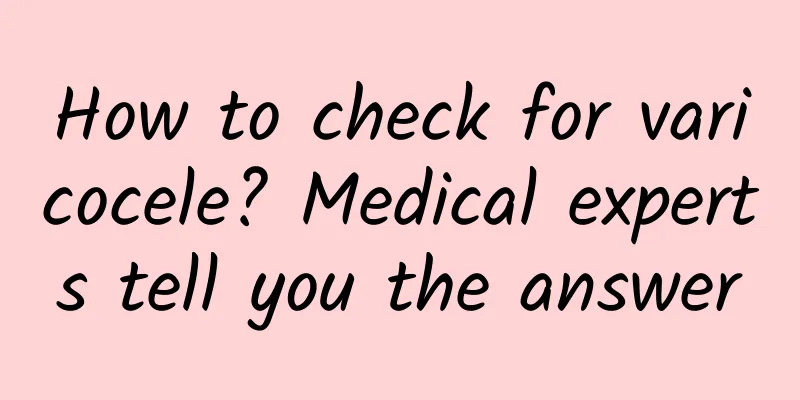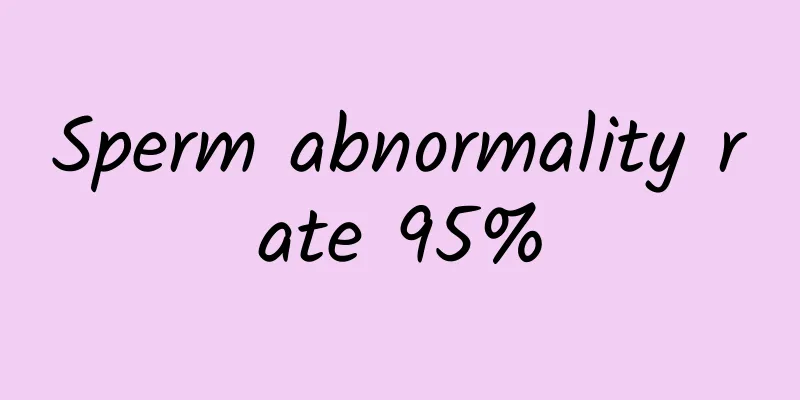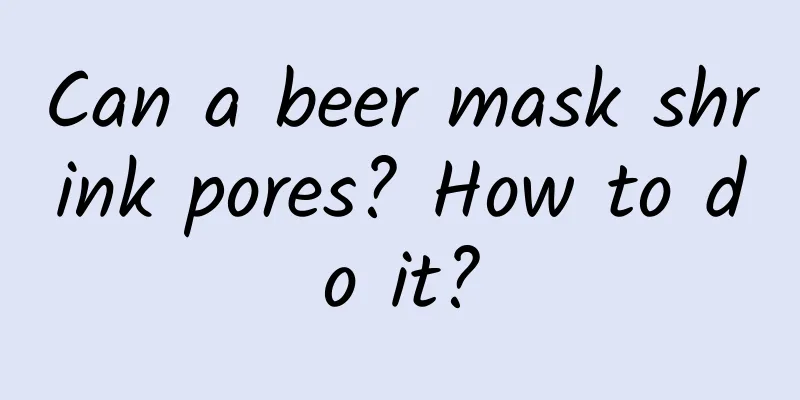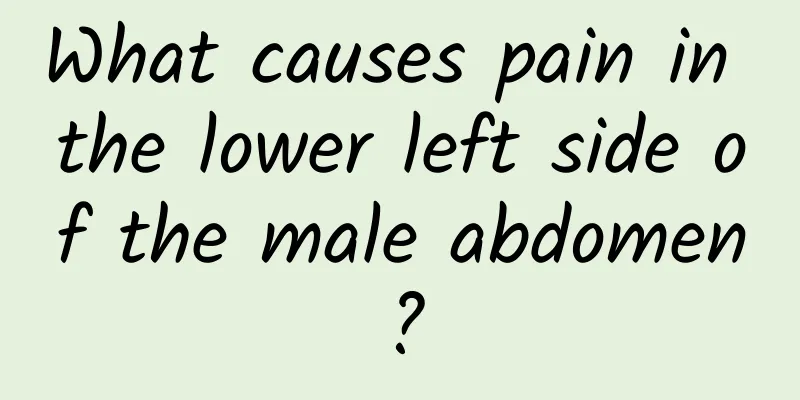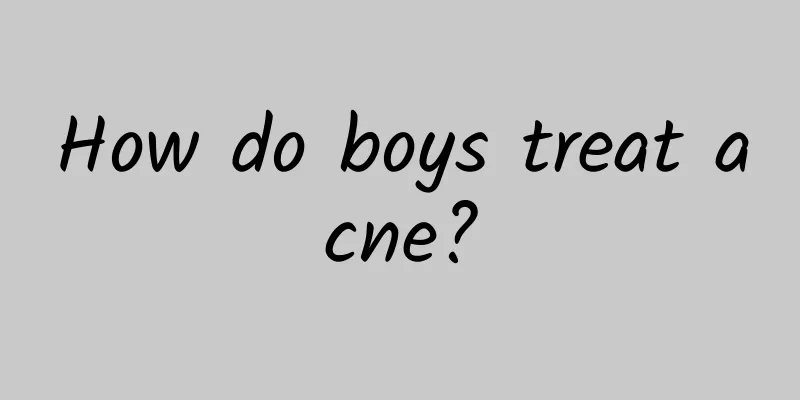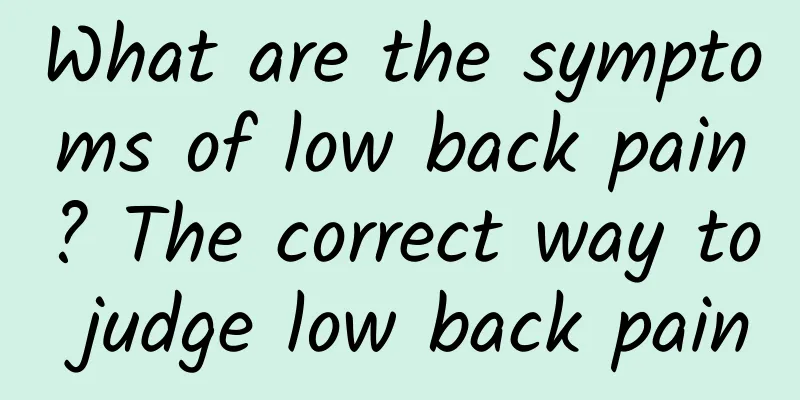What medicine should I take for prostate cysts?
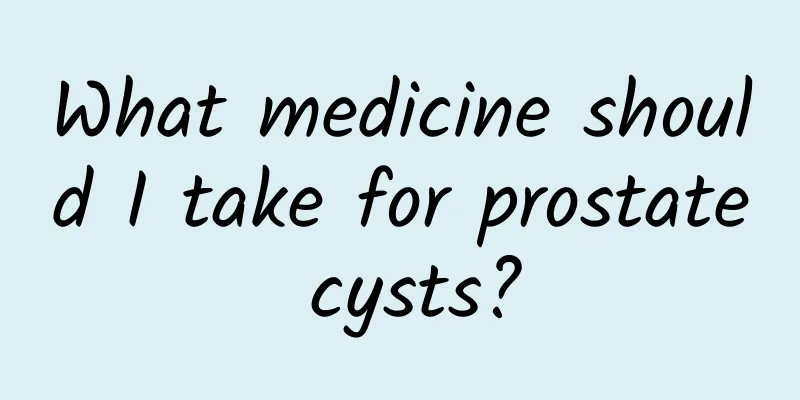
|
Prostatic cyst is a common prostatic disease in adult men. Especially for men with diabetes, the probability of prostatic cyst is greatly increased. After suffering from prostatic cyst, if the disease is not controlled to develop to a serious level, it may cause the cyst to become larger and larger, thereby compressing the urethra and bladder. At the same time, it is necessary to understand the cause of prostatic cyst in order to prescribe the right medicine. Causes 1. True prostatic cyst The prostate gland is obstructed during embryonic development, causing the prostate ducts to narrow and become blocked. The contents gradually accumulate and form a retention prostate cyst. 2. Congenital cyst The cyst is formed due to the abnormal development of the mesonephric duct and paramesonephric duct, and the partial expansion of the lumen. The cyst originating from the paramesonephric duct is often located in the middle of the back of the prostate, while the cyst originating from the mesonephric duct is located on both sides. This type of cyst does not actually originate from the prostate, and is often adhered to the posterior wall of the bladder. It can often grow to a large size, compressing the bladder neck and causing dysuria, and compressing the rectum and causing anal distension and difficulty in defecation. Congenital prostatic cysts are often accompanied by congenital diseases such as hypospadias, cryptorchidism, and renal dysplasia. 3. Acquired cysts It is caused by the tough prostatic stroma, which leads to incomplete or intermittent obstruction of the alveoli, gradually thickening the alveolar epithelium and eventually causing retention cysts. They can be located anywhere in the prostate or protrude to the bladder neck, with a diameter of 1 to 2 cm. 4. Inflammatory cyst Chronic prostatitis causes connective tissue hyperplasia, leading to stenosis of the prostate ducts and retention of secretions to form cysts. 5. Parasitic cysts Caused by parasites, such as hydatid cysts, which can cause chronic inflammation in the prostate duct and surrounding areas; or by granulation hyperplasia, which gradually forms cysts. Among the above types of cysts, retention prostatic cysts are the most common and can occur in any part of the gland. Clinical manifestations Prostatic cysts are composed of normal alveoli or multilocular acini lined with columnar epithelium or low cuboidal epithelium. The cysts are filled with serous or serous-bloody fluid. Prostatic cysts may be complicated by infection and stones. When a larger cyst grows and presses against the urethra or bladder neck, it may obstruct urine flow. Common symptoms include urgency, frequency, difficulty urinating, thin urine stream, and urine retention. When it presses against the rectum, it may cause difficulty in defecation. When the cyst is larger, rectal digital examination may touch the cyst in the prostate area. Urethral angiography may show an arc-shaped pressure mark in the posterior urethra. Ultrasound and CT can clearly determine its location. treatment Small cysts without symptoms do not need treatment, while larger cysts or small cysts with symptoms can be treated surgically, with various routes including transvesical, extravesical, transperineal, and transrectal. Incomplete surgical resection is often caused by poor exposure, with a high recurrence rate and many complications. Transperineal surgical resection of cysts close to the perineum is prone to cause ED, so it should be used with caution in young patients. There are reports of transperineal or transrectal cyst puncture and aspiration under B-ultrasound positioning, followed by injection of coagulant, but recurrence is easy. Cysts close to the urethral bladder or protruding into the bladder are surgically removed by transvesical surgery or transurethral electroresection to remove most of the top of the cyst to allow adequate drainage. Laparoscopic resection of prostatic cysts has the advantages of clear tissue exposure, short operation time, no damage to pelvic tissue, small trauma, no fistula, and little bleeding. It is the preferred method for treating prostatic cysts that protrude behind the urethra and the bladder neck. For cysts near the urethra or protruding into the bladder, transurethral electrosurgical resection of the cyst is the best surgical approach, but for young patients, preserving the seminal colliculus is crucial for normal ejaculation. When the patient continues to have a high fever, urinary tract symptoms do not improve significantly, urethral overflow, and constipation, the possibility of prostatic cysts should be considered, and after confirmation with the help of B-ultrasound and other examinations, abscess incision and drainage or puncture drainage treatment should be performed. The above symptoms will only be relieved when the abscess is completely eliminated. Puncture treatment is relatively simple. Through the anus, a long needle is inserted into the pus cavity, and a syringe is used to aspirate until the pus is completely sucked out. Sometimes it will not be completely eliminated in one time, and it takes two or more times to achieve a satisfactory effect. When the abscess is large and contains a lot of pus, abscess incision and drainage is the best method. Use an anorectoscope to expose the prostate area, use a sharp knife to cut the rectal wall into the abscess, drain the pus and place a drainage tube. Depending on the drainage situation and combined with examination, the time to remove the drainage tube is determined. Currently, this treatment still requires the use of antibiotics in conjunction with treatment. Physical therapy is helpful for acute prostatitis and abscesses. Proper application can promote the absorption of inflammation. |
>>: Precautions for men before pregnancy
Recommend
What are the advantages of thyroid nodule puncture in medicine?
There are different types of thyroid nodules, so ...
How to reduce the fat on men's buttocks?
If you lack exercise, sit for a long time, and ea...
I feel like my urine is always not clean.
In daily life, many men have difficulty in urinat...
Genital discharge and stinging during urination are often caused by this disease!
When our body shows abnormal symptoms, the best w...
What do men eat to kill sperm? 3 foods that kill sperm the most
The strength of sperm is actually related to whet...
What medicine to take for impotence, Chinese patent medicine for treating impotence
The treatment of impotence is not limited to surg...
Can men with weak spleen and stomach drink beer?
Spleen and stomach deficiency is a common problem...
The definition and symptoms of asthenospermia require a good understanding in order to better protect yourself.
What is the definition of asthenospermia? Many pe...
How to treat depression after a breakup?
Love makes people happy, but breakup makes people...
How to cure premature ejaculation
Premature ejaculation in men is very serious, bec...
What to do if your penis is flaccid
The pace of modern society is getting faster and ...
How to use diet therapy to treat premature ejaculation
The Chinese character for man is written as a fie...
My husband twitches from time to time when he sleeps
Epilepsy, also known as "epilepsy" or &...
Male menopause medicine
Men also go through menopause, but perhaps less i...
Can a man with a mistress have children?
If a man has a minor three positive, it will not ...
